(6-6) The person who knows doesn't die like the person who doesn't know. El que sabe no muere como el que no sabe.
 Not all knowledge comes from books.
Not all knowledge comes from books. In order to understand this proverb, we have to understand that for the Lucumí life and death are two halves of a single whole. We can't talk about how you die without first talking about how you live. Here, knowledge is not only the accumulation of information and skills that comes from formal instruction and training. There are many ways to gain knowledge, especially when we think of knowledge as a broad and deep understanding of how the world works and the place of human beings in it. People who sit quietly and observe, who reflect and generate ideas based on observation and experience, who pay attention to what's happening around them and interpret correctly what they see are people who "know" in the most profoundest sense of the word. They understand why they and others do what they do, they know if it's right or wrong, and they can foresee the consequences of their actions and choices. No one can know the future, but people who "know" themselves and the world around them have a pretty good idea of what the possibilities are, and they're prepared to deal with them as they develop.
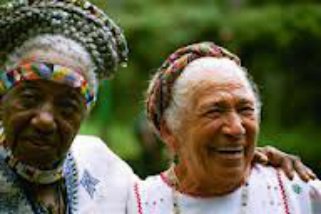 Are you listening to what your elders teach you?
Are you listening to what your elders teach you? Because they know, they can't use ignorance as an excuse for making the wrong choices or doing the wrong thing. They're conscious of their actions and motives, and they can't pretend otherwise. They have a responsibility to live correctly, because they know the difference between right and wrong. For example, if they steal money from the place they work, they know it's wrong to steal, and they know what the likely outcome will be. When they're caught, they can't say they didn't "know" what they were doing. They did know and, still, they made a bad choice. This reflects a lack of good character and shows a behavioral flaw, and they lose people's respect because of their foolish choices.
Those who know also have a responsibility to share knowledge with those who don't know. Children are the ones we're most responsible for teaching, but there are many adults who never developed the kind of awareness or consciousness that makes them thinking beings. They go through life in a fog, never putting their thoughts together in a coherent way to make sense out of things. It's not a lack of intelligence but, rather, a lack of concentration and self-discipline that makes them ignorant. They don't learn from past mistakes, they don't take responsibility for their actions, they don't see the consequences of their behavior. They repeat the same error and never understand why it's wrong. Often, these are the people who are the quickest to say "I know" when they don't know. They don't want to listen, they don't want to learn, they're convinced that they "know" and they dismiss people who could teach them something. Their egos won't allow them to be humble and admit they might not know everything, or that someone else might know more than they do. Their automatic defense when anyone challenges their thinking is to say "I know" and, in that way, they avoid an opportunity for learning. Usually, they aren't aware of what they're doing, and don't understand why they're having problems. They don't "know" what they need to know, and therefore, they can't live in a way that's really meaningful.
Those who know also have a responsibility to share knowledge with those who don't know. Children are the ones we're most responsible for teaching, but there are many adults who never developed the kind of awareness or consciousness that makes them thinking beings. They go through life in a fog, never putting their thoughts together in a coherent way to make sense out of things. It's not a lack of intelligence but, rather, a lack of concentration and self-discipline that makes them ignorant. They don't learn from past mistakes, they don't take responsibility for their actions, they don't see the consequences of their behavior. They repeat the same error and never understand why it's wrong. Often, these are the people who are the quickest to say "I know" when they don't know. They don't want to listen, they don't want to learn, they're convinced that they "know" and they dismiss people who could teach them something. Their egos won't allow them to be humble and admit they might not know everything, or that someone else might know more than they do. Their automatic defense when anyone challenges their thinking is to say "I know" and, in that way, they avoid an opportunity for learning. Usually, they aren't aware of what they're doing, and don't understand why they're having problems. They don't "know" what they need to know, and therefore, they can't live in a way that's really meaningful.
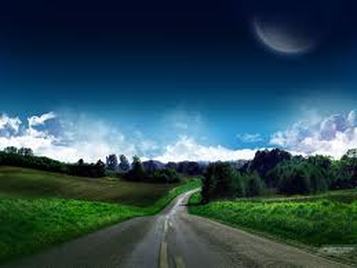 What do you know about the road ahead?
What do you know about the road ahead? A person who knows will die in a way that's different from the person who doesn't know. Why? Because the person who knows, who has gone through life with heightened awareness and understanding of the world and the people in it, has made sense of his life. His life has had meaning, and his death is the natural conclusion to it, a fulfillment of the destiny he chose for himself in Arun (heaven) before he was born. He can't avoid death, but he needn't fear it or dread it. It becomes part of a natural whole for him. Death comes at the time and in the way it's supposed to come; it will be the final fulfillment of his destiny. The person who doesn't know, who doesn't understand life or his role on earth, will feel nothing but confusion when faced with death. If his life has been meaningless, so will his death be.
This refran talks not only about the importance of knowing, or being aware, but also about the importance of being open to knowledge and wisdom others want to share with you. It talks about the responsibility of sharing what you know, and the responsibility of living in accordance with your beliefs, knowledge and experience. In other words, it requires you to be aware and let that awareness guide you through life, so you can walk on the right path and reach your final destiny at the time and place it awaits you.
This refran talks not only about the importance of knowing, or being aware, but also about the importance of being open to knowledge and wisdom others want to share with you. It talks about the responsibility of sharing what you know, and the responsibility of living in accordance with your beliefs, knowledge and experience. In other words, it requires you to be aware and let that awareness guide you through life, so you can walk on the right path and reach your final destiny at the time and place it awaits you.
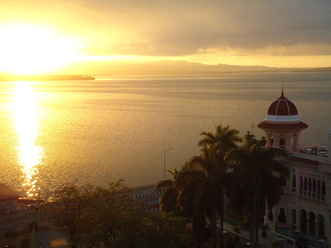
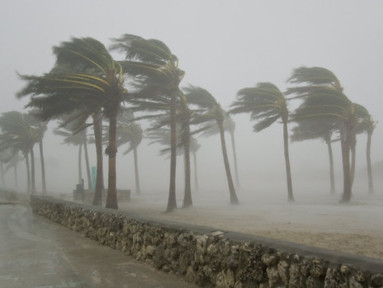
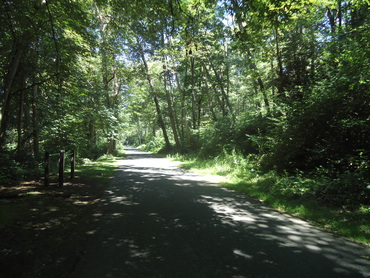
 RSS Feed
RSS Feed
